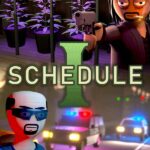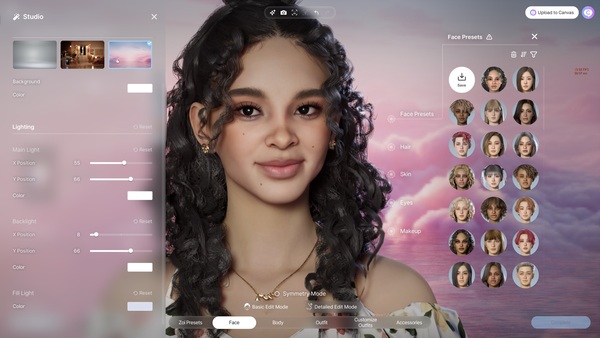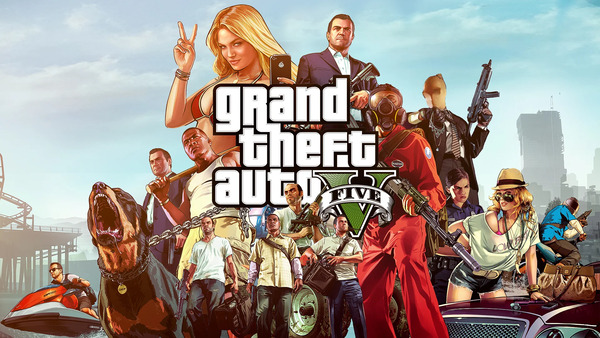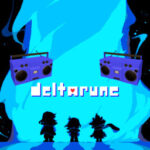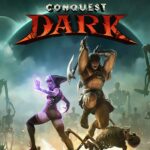Popular Now
In the ever-evolving simulation world of inZOI, one of the most engaging and complex features is the career system, referred to in-game as Life Paths. Unlike other simulation games where job progression is often linear and simplistic, inZOI takes a bold leap into realism and interactivity. It simulates the struggles, victories, and nuances of pursuing various careers—from corporate life and creative arts to unconventional professions like social media influencers and esports athletes.
This article offers a detailed look into the Life Path system in inZOI. We’ll explore how it starts, the decisions that shape it, skill-building mechanics, workplace interactions, and how each career can culminate into personal fulfillment or burnout. Each section progresses logically, following a chronological and thematic order that mirrors a character’s journey through life in inZOI.
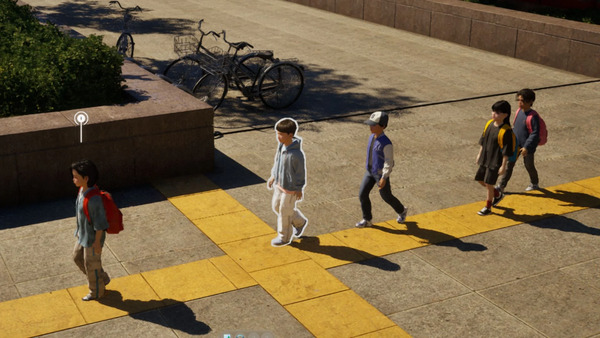
Choosing a Life Path: The Foundation of Your Journey
The Early Game Dilemma
At the beginning of inZOI, players are given a variety of ways to shape their character’s backstory. Your choices—ranging from your hometown to childhood environment—directly affect the available Life Paths and how quickly you progress in them.
The Three Initial Archetypes
You begin with three broad categories:
-
Academic-Oriented Careers (e.g., doctor, scientist, professor)
-
Creative Fields (e.g., artist, musician, game developer)
-
Unconventional Careers (e.g., streamer, entrepreneur, adventurer)
Each archetype unlocks unique challenges and progression metrics. Choosing one doesn’t lock out the others, but it does define your initial trajectory and social perception in the game world.
Education & Skill Preparation
Attending Schools and Courses
The education system in inZOI is one of its most powerful yet subtle mechanics. Unlike typical games where education is merely symbolic, inZOI ties academic choices to real skill development.
You’ll spend in-game weeks attending classes, completing assignments, and choosing majors that unlock skill trees. For instance, a major in media studies opens streaming and journalism Life Paths, while biology steers you toward medicine or lab work.
The Skill Web
Each profession isn’t powered by a single skill but a web of interconnected attributes, including:
-
Knowledge (IQ-based learning)
-
Communication (speech interactions)
-
Practicality (hands-on work, e.g., repairing, painting)
-
Emotional Intelligence (used in customer-based professions)
Players can allocate study hours per day or attend specialized boot camps for focused growth.
Starting Your First Job: Adapting to the Workplace
Entry-Level Challenges
Once a character graduates or gains enough skills, they can apply for entry-level positions. What makes inZOI stand out is how job acquisition isn't guaranteed—you must ace interviews, pass aptitude tests, and even network to unlock job offers.

Unique Job Environments
Each workplace in inZOI is procedurally generated and interactive. For instance:
-
In a startup, you may have flexible hours but erratic tasks.
-
In corporate, strict hours come with political navigation.
-
Creative studios challenge your innovation through timed projects.
Jobs aren’t just places to earn money—they're interactive environments with evolving stories.
Career Progression & Performance Metrics
Climbing the Ladder
Each job comes with promotion tracks that aren’t strictly vertical. You can transition into different departments, specialize in niche areas, or even become a consultant.
Promotion depends on several elements:
-
Skill growth (measurable via weekly evaluations)
-
Workplace relationships (maintaining rapport with coworkers)
-
Decision-making during key assignments (story-based sequences)
Burnout vs. Balance
inZOI tracks your character’s mental health and motivation. A character overworked in a corporate job may experience burnout, lowering productivity and leading to hospitalization or forced sabbaticals. This mechanic adds depth to the decision of chasing promotions.
Workplace Relationships and Office Politics
Colleague Interactions
NPC coworkers are not passive. Each has personalities, ambitions, and political leanings. Forming alliances can benefit you during group projects or managerial nominations.
Conflict and Alliances
inZOI introduces a soft reputation system at workplaces. How you handle disputes—whether through diplomacy, manipulation, or honesty—affects your standing. You can get others demoted or gain rivals who may try to sabotage you later in the game.
Career Shifts and Mid-Life Decisions
Switching Life Paths
Around the mid-point of a character’s life, players often face stagnation or dissatisfaction. inZOI allows career switches that require retraining, networking, and possibly starting from scratch.
Examples include:
-
An office worker quitting to become a travel blogger.
-
A teacher transitioning into game development.
-
A cop retiring early to start a coffee shop chain.
Retraining Systems
Retraining is done via night classes, online courses, or mentorships, each with its time, cost, and stress levels. The realism of transitioning careers adds emotional depth and long-term consequences.
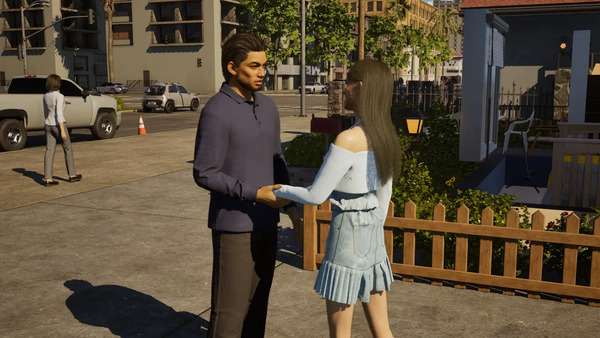
Achievements and Endgame Career Goals
Career Milestones
inZOI features career-specific goals. A musician may aim for a national award, while a scientist might work toward a Nobel Prize simulation. These goals unlock customized end scenes.
Legacy System
Your character’s success can affect younger characters in your world, especially if you enable generational play. Children of renowned doctors may have faster medical school admission. A failed businessman’s debt might burden their heirs.
Entrepreneurship and Business Ownership
Creating Your Own Brand
Later in life, characters can use accumulated funds and reputation to start businesses. This opens the entrepreneur Life Path, which includes managing staff, marketing, and innovation.
Popular businesses include:
-
Digital Media Studios
-
Art Galleries
-
Fitness Franchises
-
Tech Startups
Expansion and Risk
Your business can thrive or fail based on marketing strategies, employee morale, and economic shifts (yes, inZOI has a simulated economy). Expansion brings increased risk but also legacy value.
Retirement, Mentorship, and Giving Back
Easing Out of the Workforce
As characters age, they can choose to retire, become mentors, or write memoirs (literally a feature). Retiring unlocks specific social clubs, leisure activities, and health management mechanics.
Legacy Options
Retired professionals can:
-
Offer mentorship to young characters
-
Sit on company boards
-
Start scholarships
-
Inspire movements or schools of thought (in arts or science careers)
This gives a satisfying close to a professional arc and meaningful impact on the world of inZOI.
Unexpected Career Twists and Hidden Life Paths
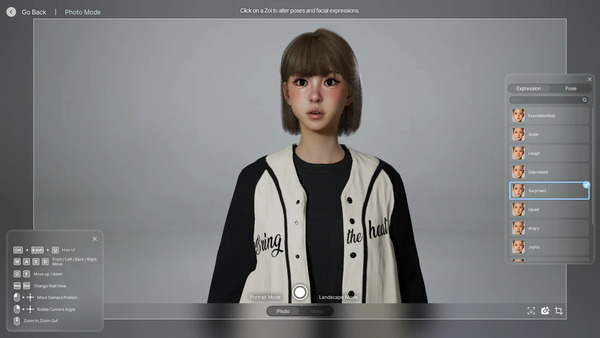
Secret Career Events
Some Life Paths have hidden progression chains that only appear through rare events or specific choices. For example:
-
Becoming a vigilante after experiencing a personal tragedy.
-
Unlocking a spiritual monk path after retiring from a stressful job.
-
Discovering a hidden hacker guild after investigating corporate corruption.
Game World Reactions
These hidden paths can drastically alter the narrative and character perception. The world responds with dynamic news stories, public support or outrage, and increased notoriety or fame. It’s these unexpected moments that give inZOI its unique narrative flavor.
Conclusion
inZOI’s Life Path system is not just a job feature—it’s a living, evolving narrative framework that reflects the complexity of real-life career journeys. From choosing your first job to discovering hidden vocations and achieving late-life fulfillment, every decision in the system creates ripples in both your character’s life and the world around them. It’s this richness that makes inZOI not just a game, but a true simulation of human ambition and purpose.


